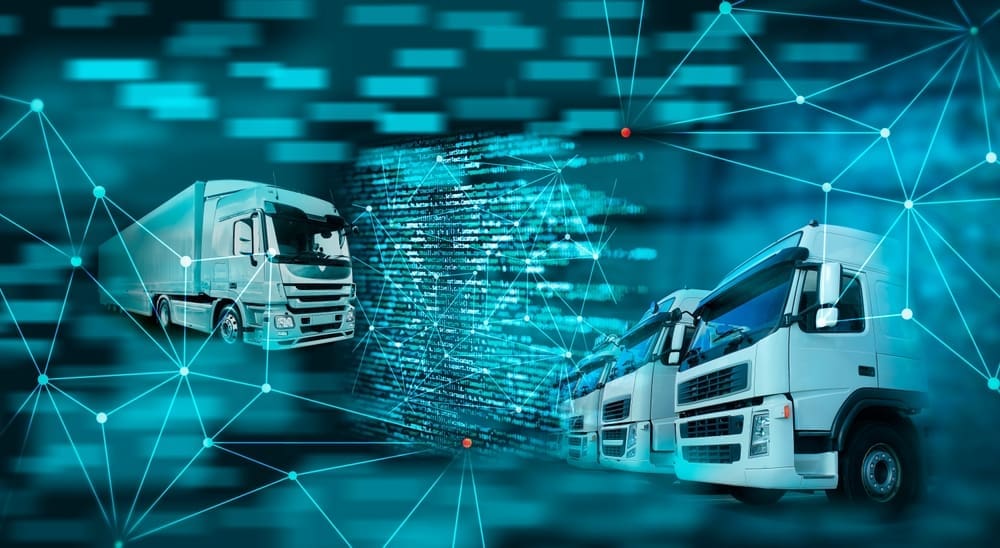September 2025
Artificial Intelligence (AI) has quickly moved from being a buzzword to a driving force behind digital transformation in logistics. Across the freight forwarding industry, AI is no longer just an emerging trend; it’s becoming an operational necessity.
How AI Is Already Transforming Logistics

One of the most established applications of AI in logistics is OCR (Optical Character Recognition) for shipping documents. Freight forwarders deal with endless paperwork, from bills of lading to customs forms, and AI-powered OCR tools read, extract, and process this data far faster and more accurately than manual entry.
But even here, innovation is accelerating. Specialized AI tools are making document processing more accurate and less costly, setting a new benchmark for efficiency in logistics operations.
Applications of AI in Freight Forwarding

The role of AI in freight forwarding is expanding into almost every aspect of operations:
- Conversational Reporting: Instead of exporting reports and applying filters, AI allows freight forwarders to ask questions directly, much like ChatGPT, and receive instant, data-driven insights.
- Automated Audits: AI can review financials, compliance, and operational workflows at scale, flagging anomalies that humans might miss.
- AI-Powered Customer Service: Integrated with customer portals, virtual agents can answer inquiries 24/7, providing personalized updates using live TMS data.
- More intelligent Decision-Making: AI supports better scheduling, routing, and compliance decisions by analyzing historical trends and real-time conditions.
- Boosting Tech Productivity: Development teams are now leveraging AI to improve software itself, enabling TMS providers to adapt faster to the changing needs of freight forwarders.
Why AI Matters for the Future of Freight Forwarding

Freight forwarding has always been about connecting multiple players, shippers, carriers, customs, consignees, and more. However, traditional manual processes and disconnected systems hinder these connections. AI eliminates these barriers by:
- Reducing repetitive manual tasks
- Improving accuracy across operations
- Accelerating decision-making
- Creating a connected ecosystem where stakeholders share data seamlessly
As global trade becomes more complex and customer expectations rise, AI in freight forwarding will no longer be optional; it will be the standard.
How Logistaas Fits Into the Picture
At Logistaas, we believe that the future of freight forwarding is digital, connected, and powered by AI. While we already leverage automation and integrations across quoting, booking, and tracking, our roadmap includes incorporating AI for more intelligent reporting, automated compliance audits, and customer-facing support within the portal.
Ready to see Logistaas in action? Book Your Free Demo today
